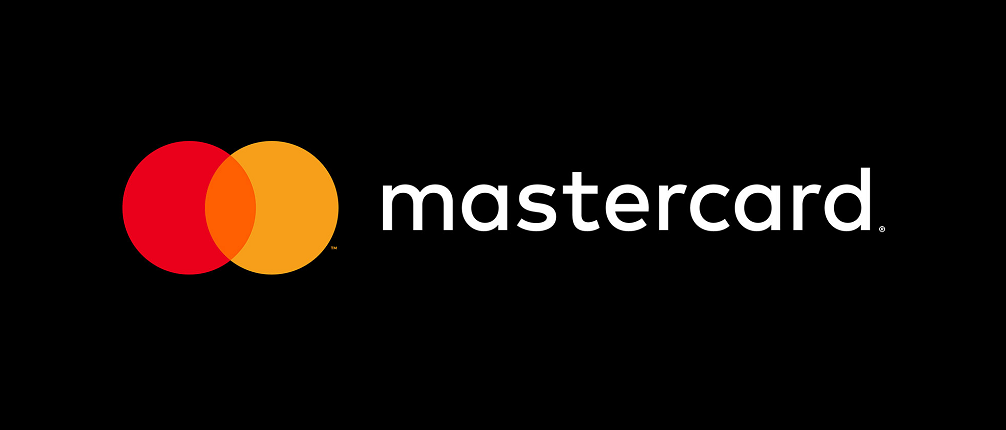
Fragmented, slow and inefficient payment processes have long been a challenge within the healthcare ecosystem. Just as a patient may be frustrated by cumbersome insurance claims, healthcare providers too experience their own set of holdups when dealing with claim approvals and payouts.
These bottlenecks are amplified by the legacy systems that many insurance companies still rely on to manually process claims. As a result, healthcare providers are often faced with significant payment delays, triggering cash flow challenges and increased borrowing costs. At the same time, due to manual reconciliation, these healthcare providers also lack visibility into the claim payment status, putting even more strain on their billing teams.
Nevertheless, progress has been made towards improving connectivity across insurance companies and healthcare providers. Health tech platforms have emerged as vital intermediaries by disrupting the way claim settlement information is exchanged and removing the arduous paper trail that once slowed down claim processing. Yet, up until now, there has been a critical gap in the system: payments have remained disjointed from these health tech platforms.
”The healthcare industry is at an inflection point, with evolving digital-first expectations challenging industry norms,” said Raja Rajamannar, chief marketing and communications officer and president, healthcare, Mastercard. “Around the world, we’ve been working closely with healthcare organizations to better serve their partners and patients with a range of products and services well-tuned to drive simplicity, convenience and efficiency in payments and beyond.”
Supporting B2B healthcare claim settlements with virtual cards
To support healthcare providers and insurance companies, „Mastercard is pioneering a first of its kind medical claim payment solution with key partners using its innovative virtual card technology” the company said.
Mastercard is introducing this solution with one of the leading financial institutions in India and Remedinet, a cloud-based health tech platform that aims to simplify the back-end of cashless claims by connecting hospitals, insurers and third-party administrators in India.
The healthcare sector in India is rapidly growing, yet considerable challenges still exist including fragmentation and lack of digitization, making the country’s healthcare system ripe for innovation. The solution is available to all insurance-network hospitals in India on the Remedinet platform, and aims to bring relief to healthcare providers and insurance companies strained by the current cashless claim settlement process.
The end-to-end solution works by seamlessly embedding virtual cards within the health tech platforms that connect payers and healthcare providers, such as Remedinet, using API connectivity. Integrating Mastercard’s innovative virtual card platform, which makes complex B2B payments fast, easy and secure, holds promise for the healthcare industry.
Through this embedded experience, the moment the authorized claim is submitted to the insurance company, a virtual card is generated by Mastercard and issued by a financial institution to the healthcare provider. For hospitals or other specialty healthcare centers that previously spent months waiting to receive claim payments, virtual cards provide a critical working capital solution by making the payout process nearly immediate.
Placing virtual cards within the health tech platform also enables detailed transaction-level data to flow alongside the claim settlement information for every bill that is paid with a Mastercard branded commercial or virtual card. This brings several benefits to insurance companies making the claim payment, including greater transparency into the claim status as well as easier and automated reconciliation.
“We’re on a mission to integrate our technology into platform providers to drive seamless B2B payment experiences at greater scale,” said Chad Wallace – global head of Commercial Solutions, Mastercard, “As we assessed industries where we can contribute with impact, healthcare emerged as a critical industry to unlock payment efficiencies.”
What Mastercard partners are saying:
“This strategic partnership complements our vision of reshaping healthcare payments and realizing a future where claim settlements can be truly seamless,” said Munish Daga, Director-CEO of Remedinet. “Embedding Mastercard’s technology and network capabilities into our platform presents an opportunity to further simplify claim processing for both hospitals, insurers, corporates & governments.”
“We’re thrilled to be the first hospital in India benefiting from Mastercard’s innovative solution to improve healthcare claim settlements. Embedding virtual cards within the platform that we’re already using to exchange claim settlements with insurance companies is a game changer. Without any technical lift, we’re able to receive payments immediately and manage our working capital more effectively,” said Dr. Santosh Saklecha, joint director of Santosh Hospital, Bengaluru; the first hospital to be onboarded to the solution.
Banking 4.0 – „how was the experience for you”
„To be honest I think that Sinaia, your conference, is much better then Davos.”
Many more interesting quotes in the video below: